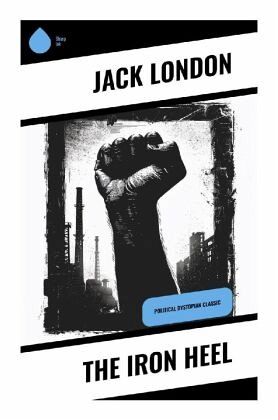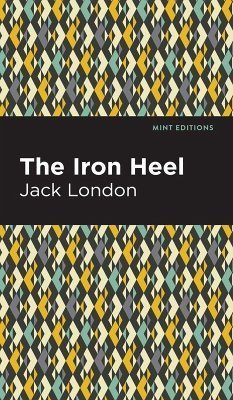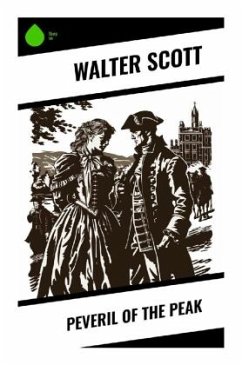
The Iron Heel
Political Dystopian Classic
Versandkostenfrei!
Versandfertig in 6-10 Tagen
11,60 €
inkl. MwSt.

PAYBACK Punkte
0 °P sammeln!
In "The Iron Heel," Jack London presents a compelling dystopian narrative that explores the struggles between the working class and the oppressive elite in an imagined future America. This novel intricately weaves elements of socialism, existentialism, and political theory into its gripping storyline, highlighting the rise of oligarchs and the suppression of revolutionary movements. London's literary style combines vivid imagery with a poignant, reflective tone, as he employs an innovative structure reminiscent of the historical narrative, allowing readers to immerse themselves in a world of s...
In "The Iron Heel," Jack London presents a compelling dystopian narrative that explores the struggles between the working class and the oppressive elite in an imagined future America. This novel intricately weaves elements of socialism, existentialism, and political theory into its gripping storyline, highlighting the rise of oligarchs and the suppression of revolutionary movements. London's literary style combines vivid imagery with a poignant, reflective tone, as he employs an innovative structure reminiscent of the historical narrative, allowing readers to immerse themselves in a world of social turmoil and philosophical inquiry. Jack London, an influential American author of the early 20th century, was deeply affected by the social issues of his time. His experiences as a laborer, his travels through various socio-political environments, and his commitment to socialist ideals undoubtedly shaped the foundation of this work. "The Iron Heel" not only reflects London's ideological beliefs but also serves as a cautionary tale, warning against the loss of democratic ideals in the face of unchecked capitalism and authoritarianism. Readers seeking a thought-provoking exploration of class struggle and human resilience should not miss "The Iron Heel." With its prescient themes and compelling narrative, this novel remains relevant today, challenging us to reflect on the socio-political dynamics of our contemporary world.












